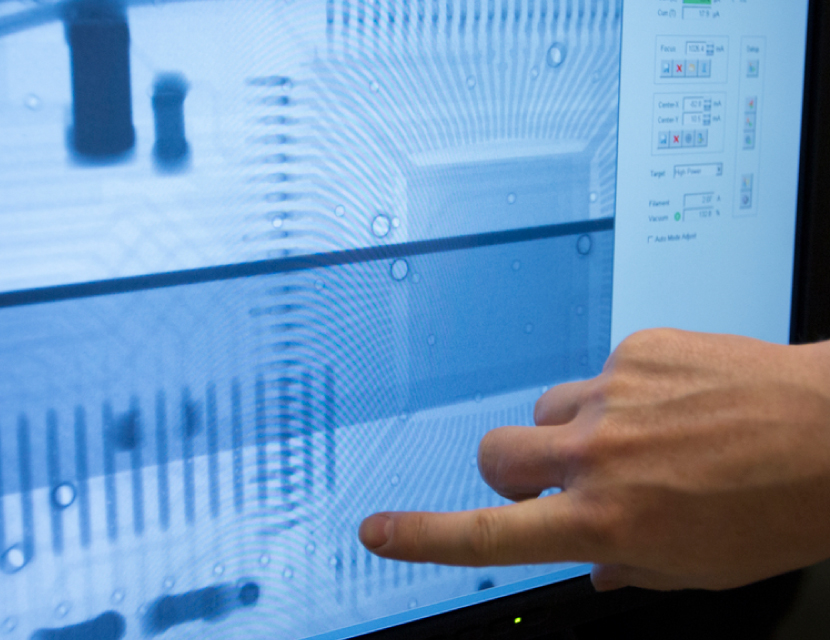
Mechanical testing
Ensure reliable performance of your products under real-world operating conditions

WHAT IS MECHANICAL
TESTING?
Mechanical testing of electronics involves assessing the mechanical performance and reliability of electronic components, devices, and systems. It aims to evaluate their ability to withstand mechanical stresses and environmental conditions they may encounter during their lifecycle, such as transportation, handling, assembly, and operation.
This type of testing focuses on understanding how electronic products and their constituent parts respond to mechanical forces, vibrations, shocks, temperature changes, humidity, and other external influences.


WHY IS
MECHANICAL
IMPORTANT?
Mechanical testing of electronics plays a crucial role in product development, quality control, and compliance with industry standards and regulations. It ensures that electronic devices can withstand impacts and drops that may occur during handling or accidental falls.
TYPES of
MECHANICAL TESTING
Vibration testing
Evaluates the resilience of electronic components and systems when exposed to vibrations, simulating conditions encountered during transportation or operational vibrations such as when mounted in vehicles, trains, ships, and airplanes.
Thermal cycling
Involves subjecting electronics to temperature variations to assess their ability to handle thermal stress and identify potential issues like solder joint failures or component fatigue.
Shock testing
Measures the resistance of electronics to sudden shocks or impacts, replicating conditions encountered during transportation or rough handling.
Environmental testing
Evaluates the performance of electronics under various environmental conditions, including humidity, temperature extremes, dust, and moisture.

Environmental testing
Evaluates the performance of electronics under various environmental conditions, including humidity, temperature extremes, dust, and moisture.
Mechanical strength testing
Assesses the physical strength and integrity of electronic components, such as connectors, solder joints, and mounting structures, to ensure they can withstand mechanical loads without failure.
EXPLORE OUR MECHANICAL
TESTING FACILITIES
Vibration, bump, and shock
Our electrodynamic shaker can test equipment for mechanical stress encountered during transportation or when mounted in vehicles, trains, ships, and airplanes. We are accredited to many standards and can handle special customer specifications.
The shaker can exert a force of 26 kN, can operate at frequencies between 2-2000 Hz, can simulate vibrations at a speed of 1.4 m/s, and gravity of 800 m/s (80 g). We can also combine mechanical and climatic exposure testing in a 1 m3 climatic chamber that can be mounted on the shaker in both vertical and horizontal axes.
Guided free fall
Our fall test facility can be used for both free fall and guided free fall testing for evaluating the reliability of portable equipment and packaging material. Various fall surfaces can be used, e.g. steel and wood. The fall height is limited to 250 cm and the weight to 10 kg. Furthermore, high-speed video of the impact is used for the evaluation of failure mechanisms.

Materials testing
We can test the mechanical properties of materials by pressing, stretching, twisting, bending, and rubbing. These exposures can also be used for accelerated mechanical testing of products or parts, e.g. printed circuit boards or touch displays. We can handle loads up to 250 N and have the capability of making special fixtures adapted to the test. Static load and impact testing can also be done, for example, safety investigation according to the Low Voltage Directive (LVD).
Mechanical analysis
In combination with mechanical testing, we can perform additional analyses during testing by using high-speed cameras, resonance, and modal analysis (noncontact).